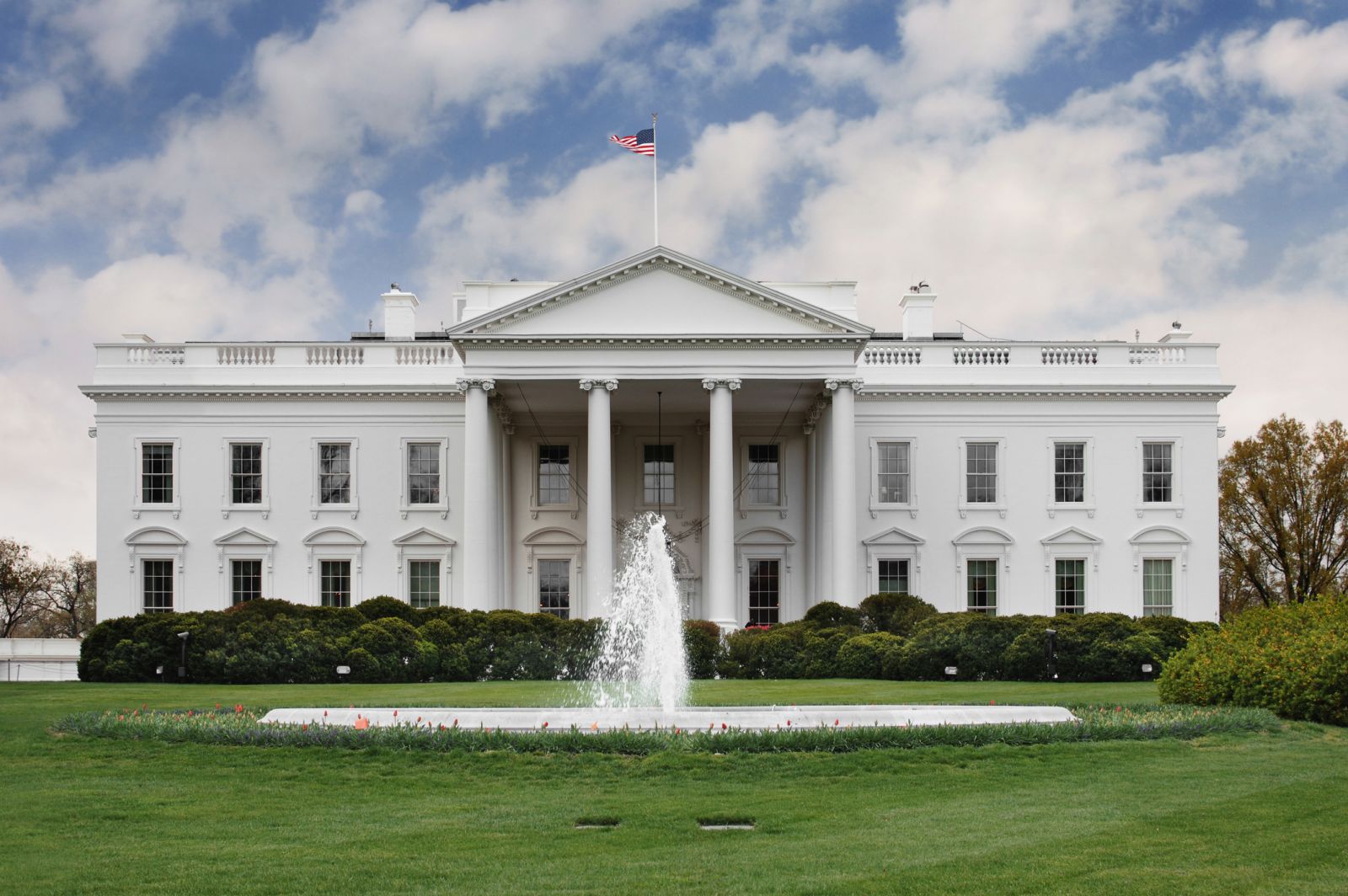Wall Street Stumbles Into August as Sweeping New Tariffs Rattle the Bulls

Wall Street is starting August with a jolt, thanks in part to a new crop of U.S. tariff announcements that represent a seismic shift in global trade policy. President Trump is imposing duties ranging from 10% to 41% on over 65 countries, effective Aug. 7, 2025. The sweeping executive order establishes a baseline 10% tariff while implementing significantly higher rates for specific nations, with Syria facing the highest at 41%, followed by Laos and Myanmar at 40%, and Switzerland at 39%.
“The Federal Council notes with great regret that, despite the progress made in bilateral talks and Switzerland's very constructive stance from the outset, the US intends to impose unilateral additional tariffs on imports from Switzerland,” according to the country’s Federal Council.
Major economies face varying levels of tariffs, with the European Union and Japan both at 15%, while India has been assigned a steeper 25% duty rate - partly due to its continued purchases of Russian energy and military equipment, according to a social media post from President Trump earlier this week.
Key trade partner Canada faces one of the most dramatic changes, with an immediate increase to 35% from 25%, which the administration is linking to its concerns over insufficient cooperation on drug trafficking. Several Asian nations, including Malaysia, Cambodia, and Thailand, have managed to secure more favorable 19% rates through bilateral agreements, while close allies like Australia maintained preferential access at the baseline 10%.
Some nations like Mexico have received temporary reprieves for negotiations, and others like Taiwan and Switzerland are still attempting to secure lower rates for critical sectors such as semiconductors and pharmaceuticals, but the overall approach by the White House represents a decisive move away from multilateral negotiations toward bilateral dealings with unilateral decision-making.
Major companies are already quantifying the impact of the tariffs announced so far, with Apple (AAPL) last night projecting $1.1 billion in additional costs for the upcoming quarter. Bigger picture, the World Trade Organization has warned that global trade growth could fall below 1% this year, with the multilateral trading system facing severe challenges as trade governed by Most-Favoured Nation principles has declined to 74%.
The implementation of the latest White House tariffs has triggered significant market volatility, with global stocks declining and analysts warning of potential inflationary pressures. The negative mood this morning has been compounded by a disappointing payrolls report for July, which showed a softer-than-expected 73,000 jobs added for the month - along with significant downward revisions for June and May.

Notably, the stock market is now at the start of its two worst-performing months of the year, from a seasonality perspective.
This article was created with the support of automated content tools from our partners at Sigma.AI. Together, our financial data and AI solutions help us to deliver more informed market headline analysis to readers faster than ever.
On the date of publication, Elizabeth H. Volk had a position in: AAPL . All information and data in this article is solely for informational purposes. For more information please view the Barchart Disclosure Policy here.
